

Book Now to Experience
F8 Hair Regrowth Treatment
1 Minute Self-Registration
Date should not be before minimal date
Author: Natalie Ng|21 April 2025
Got a flaky scalp that won’t quit? You’re not alone. It’s one of those super common things that can show up as itchy skin, white flakes, tightness, or just general scalp dryness. Sometimes it’s caused by seborrheic dermatitis, other times by a dry scalp, buildup from hair care products, or even using water that’s too hot. Basically, the skin on your scalp is a little out of balance. And while there are tons of dandruff shampoos out there, not all of them actually help. Some just make it worse—stripping away natural oils, irritating the skin, or drying it out more. The trick is knowing which ingredients actually do something useful, like decrease inflammation, treat dandruff, or just bring back some much-needed moisture. This guide breaks down 10 ingredients to look for in a gentle shampoo, medicated shampoo, or even more natural remedies—ones that help with the main symptoms, whether you're dealing with basic flakes, cradle cap, or something like tinea capitis. Keep reading to figure out what works, what doesn’t, and what to look for the next time you shop for shampoo.

1
Salicylic Acid
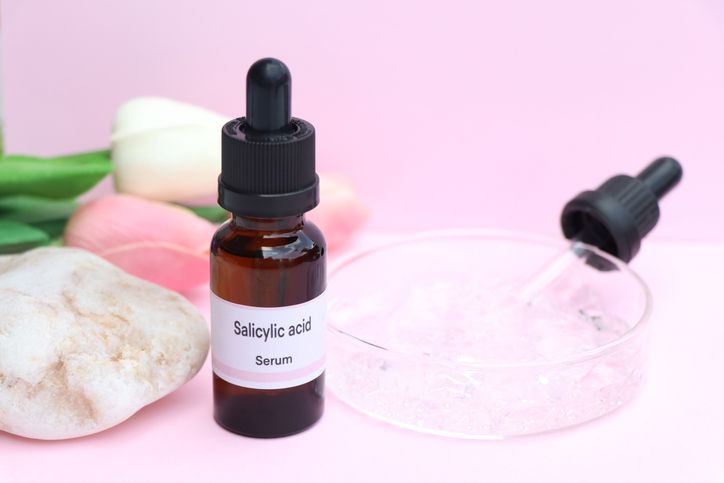
How it works
Why it helps
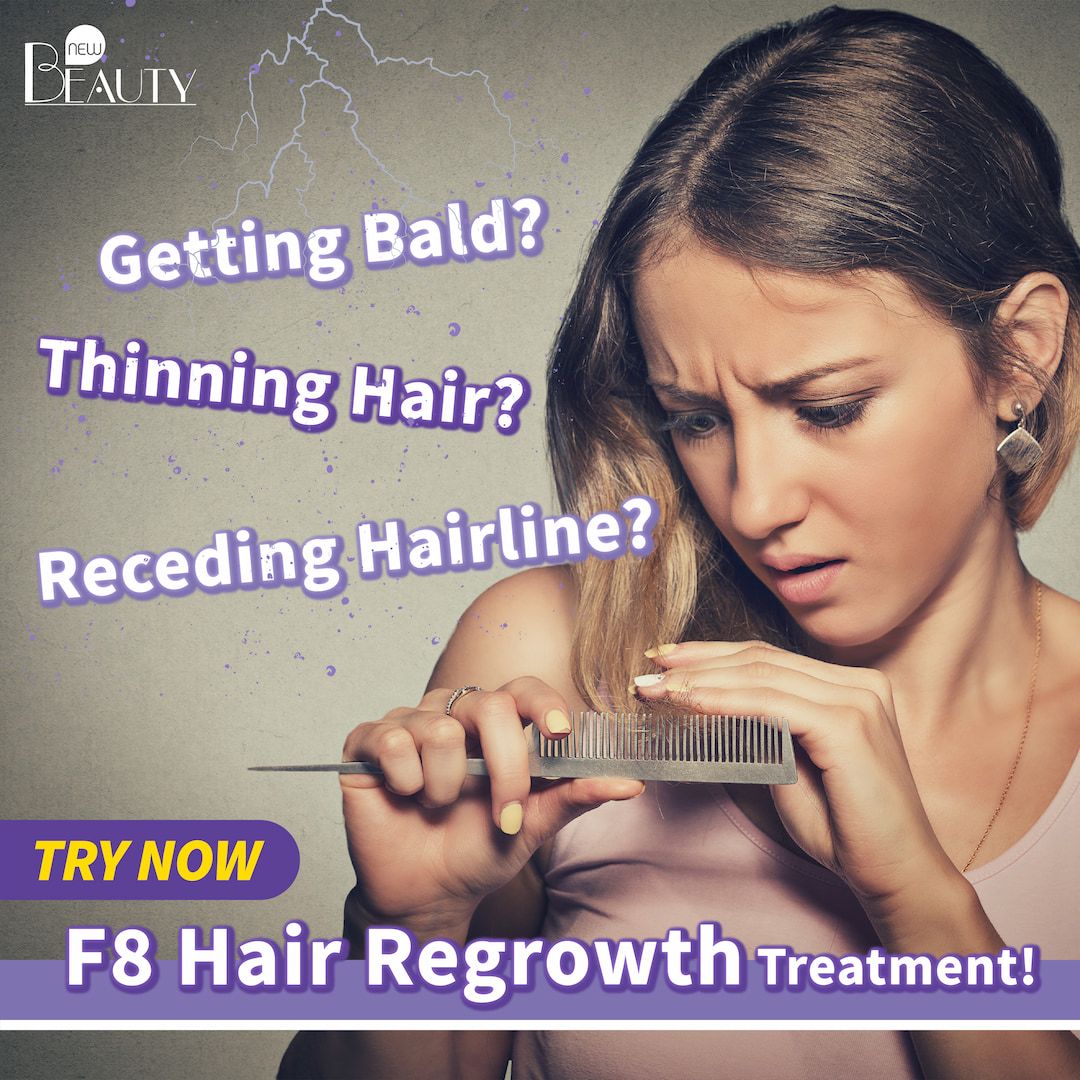

2
Tea Tree Oil
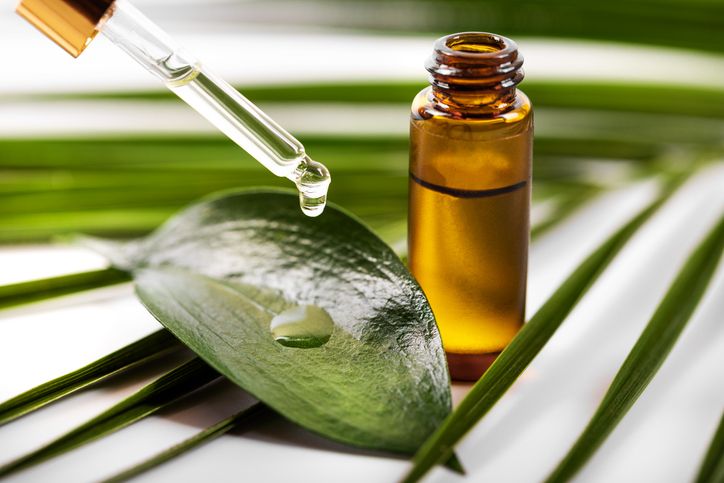
How it works
Other benefits

3
Zinc Pyrithione
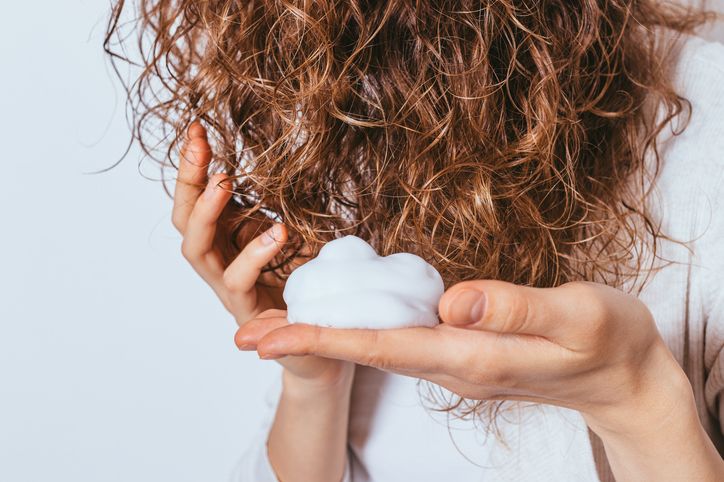
How it works
Best way to use it


4
Ceramides
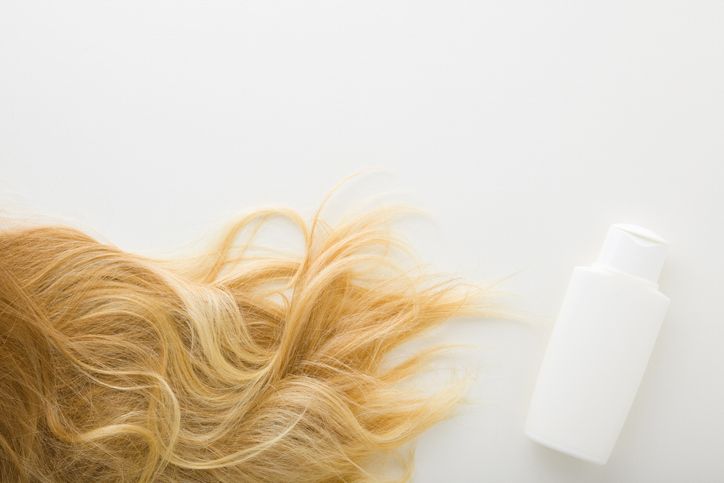
What ceramides do
Why they’re useful in shampoo

Book Now to Experience
F8 Hair Regrowth Treatment
1 Minute Self-Registration
Date should not be before minimal date

5
Aloe Vera
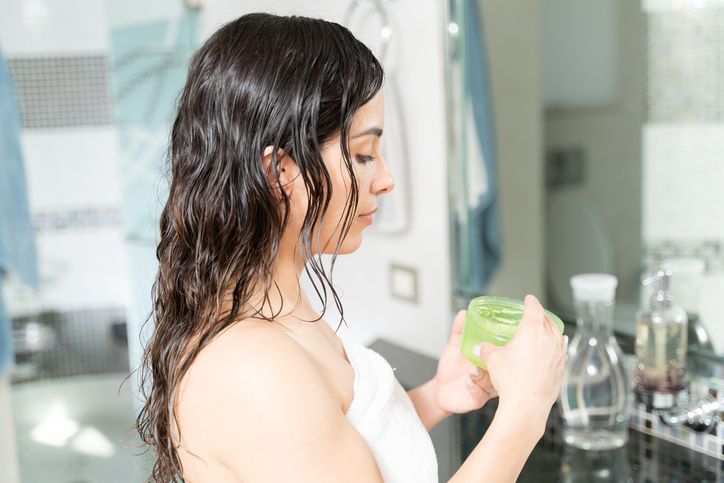
What it helps with
Why it works


6
Hyaluronic Acid
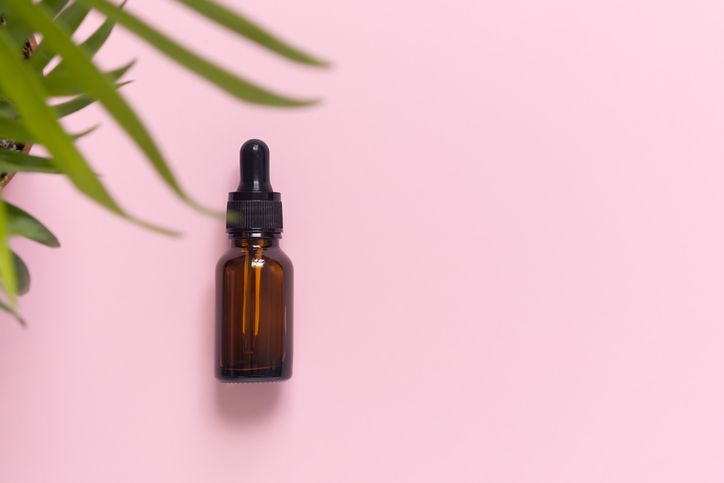
Why it matters for dry, flaky scalps
How to use it
Read More

7
Ketoconazole: A Clinical Approach to Flaky Scalps
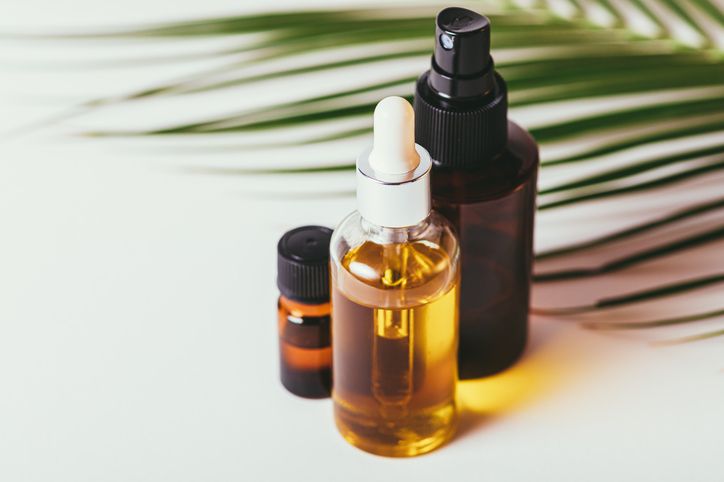
Why it works
How to use it


8
Argan Oil
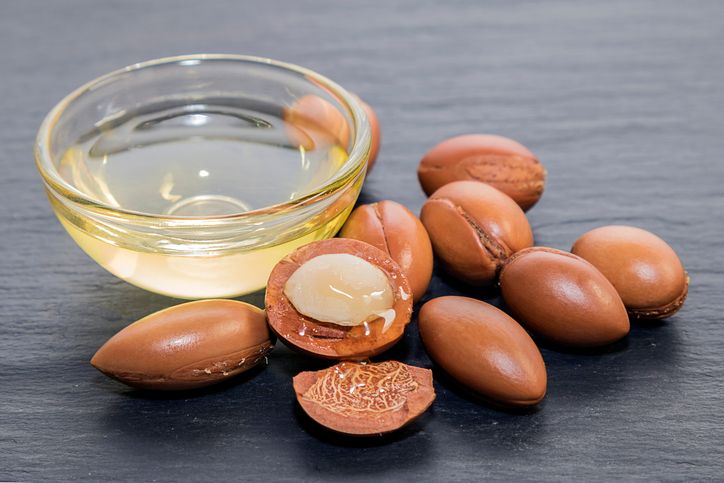
How argan oil helps

Book Now to Experience
F8 Hair Regrowth Treatment
1 Minute Self-Registration
Date should not be before minimal date

9
BHA and AHA
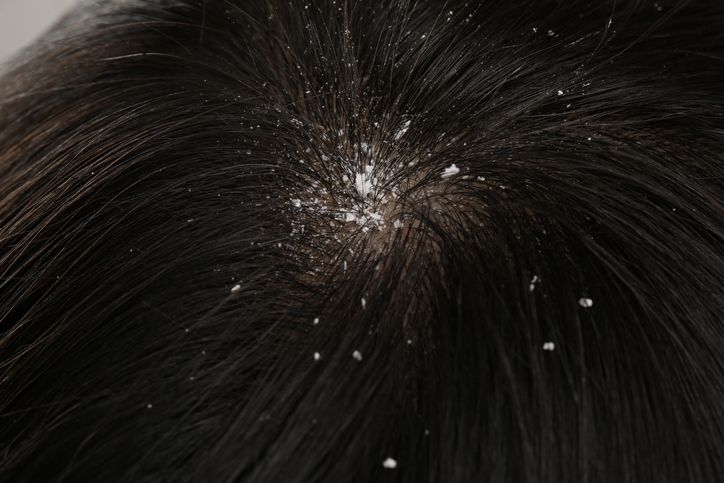
How they work
Application tips


10
Vitamin E
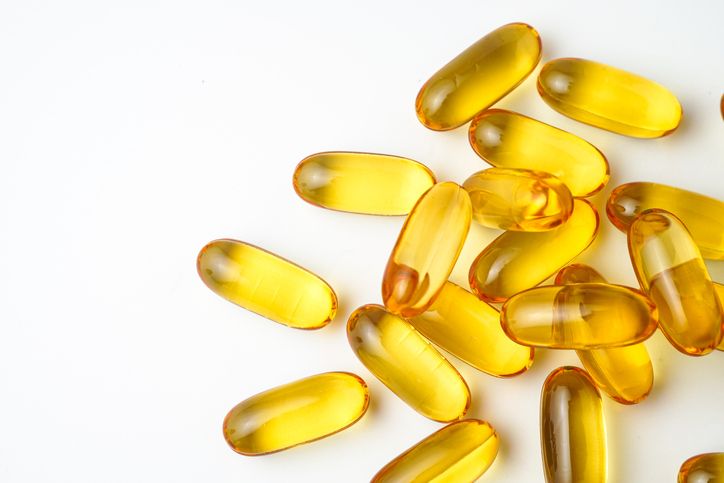
What it does
Read More

11
Boost Shampoo Results and Treat Flaky Scalp with the F8 Hair Regrowth Treatment

How it Works
Why It Helps
FAQ
How Often Should I Switch Between Different Anti-Dandruff Shampoos?
You should rotate between different anti-dandruff shampoos every 2-3 months to maintain effectiveness and prevent fungal resistance. Start by using one type consistently for 6-8 weeks to evaluate its impact, then switch to another with a different active ingredient. If you notice your current shampoo becoming less effective before the 2-month mark, it's appropriate to switch sooner.
Can I Use Multiple Flaky Scalp Treatments Simultaneously?
Ever wondered if combining multiple scalp treatments could be your solution? While you can use multiple treatments simultaneously, you'll need to be cautious. First, consult a dermatologist to guarantee your chosen combinations won't interact negatively. Second, start slowly and monitor your scalp for any irritation. Third, focus on complementary ingredients rather than overlapping ones. If you experience redness or discomfort, discontinue use immediately.
Why Does My Scalp Flakiness Worsen in Certain Seasons?
Your scalp flakiness worsens seasonally due to three main factors: 1) Weather changes disrupt your scalp's natural moisture balance, especially during winter's dry air and summer's humidity, 2) Indoor heating and cooling systems can dehydrate your scalp further, creating more flaking, and 3) Seasonal allergies often trigger scalp irritation and inflammation. These environmental shifts challenge your scalp's ability to maintain healthy oil production and cellular turnover.
Are Natural Remedies as Effective as Medicated Shampoos for Flaky Scalps?
Like two sides of the same coin, both natural remedies and medicated shampoos have their merits. Natural solutions, while gentler and more cost-effective, typically require longer consistent use to show results. You'll find medicated shampoos work faster for severe cases, but they may cause side effects. For mild flakiness, natural remedies like coconut oil and aloe vera can be just as effective, while avoiding harsh chemicals that might disrupt your scalp's natural balance.
Should I Avoid Hair Dye When Treating a Flaky Scalp?
Yes, you should avoid hair dye while treating a flaky scalp. Hair dyes contain harsh chemicals that can irritate your already sensitive scalp and potentially worsen your condition. If you must color your hair, wait until your scalp health improves, and then choose gentle, sulfate-free dyes. You'll also want to consult with a dermatologist who can provide personalized advice on safely timing your hair coloring treatments.

Book Now to Experience
F8 Hair Regrowth Treatment
1 Minute Self-Registration
Date should not be before minimal date
Recommended Articles
COPYRIGHT© NEW BEAUTY MANAGEMENT LIMITED 2026. ALL RIGHT RESERVED.




